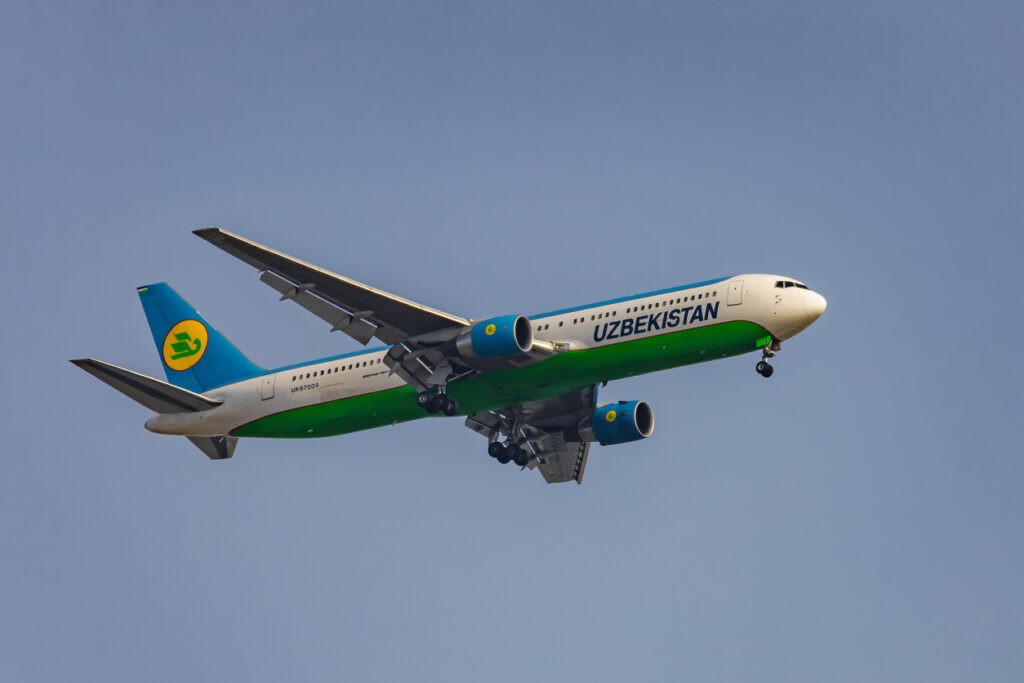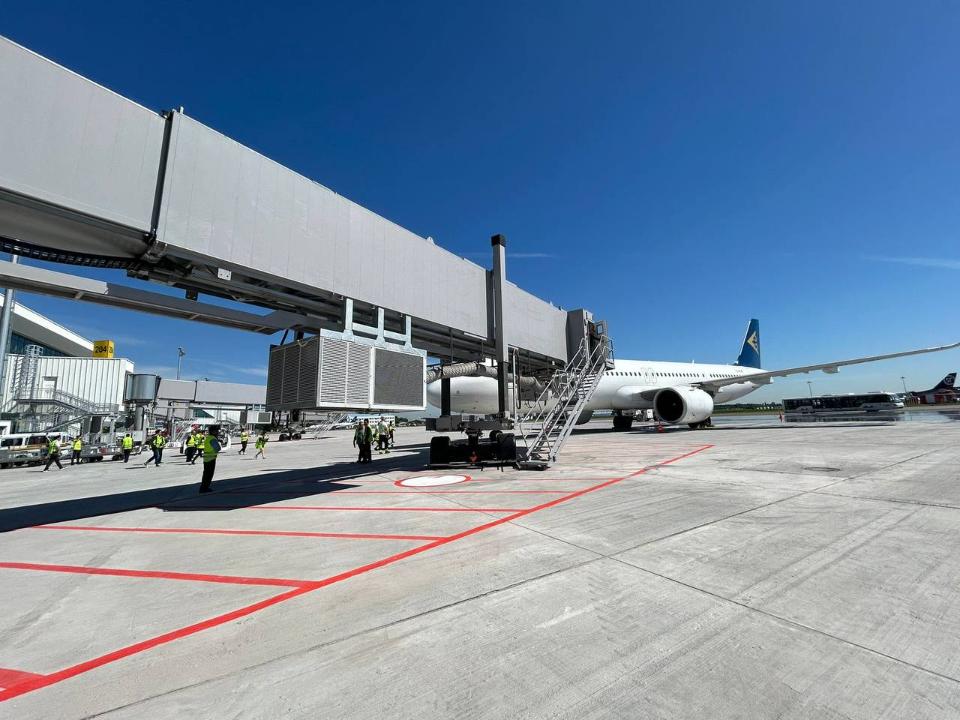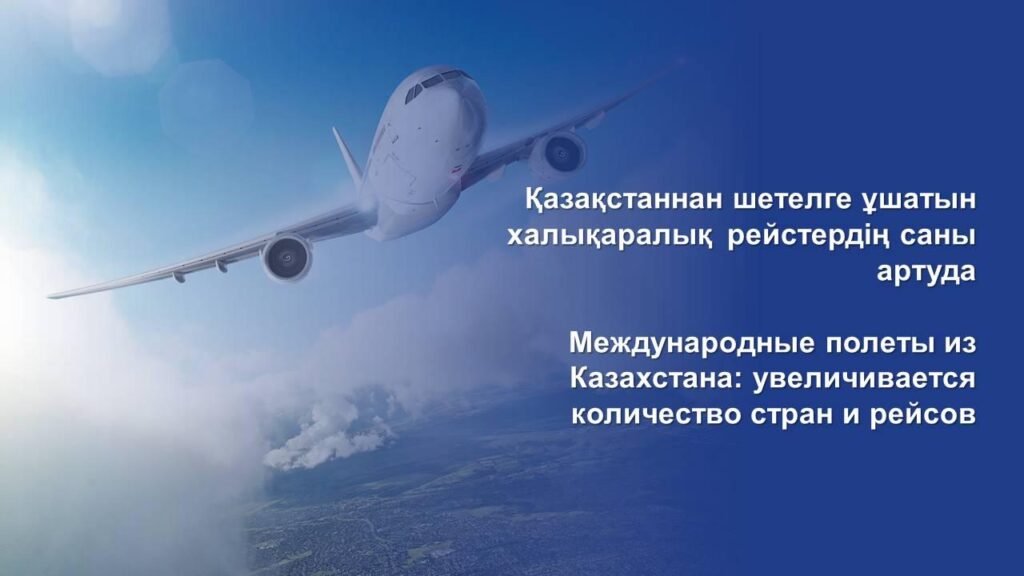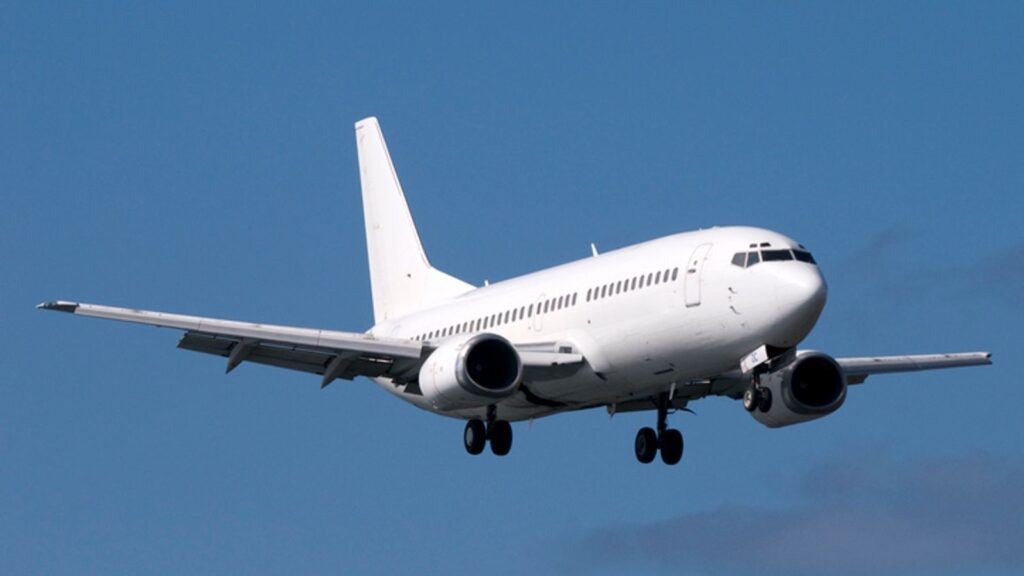Investors from Germany intend to start construction of a cargo/passenger airport at the Khorgos China-Kazakhstan gateway. The project will help increase the volume of cargo transportation between Kazakhstan and China, Zakon.kz reports. In recent years, the Zhetysu region has begun realizing its economic potential through the implementation of major logistics projects. "The Hansa Consortium, a German company, is working on investing in a new airport on the territory of the special economic zone Khorgos - Eastern Gate," said Bakytnur Bakytuly, head of the Entrepreneurship and Industrial-Innovative Development of the Zhetysu region. The akimat (local administration) of Zhetysu region and the Hansa Consortium have already signed a memorandum for the project. The special economic zone (SEZ) already has the Altynkol freight railway station and a "dry port" logistics complex, the KTZE-Khorgos Gateway. A feasibility study has been completed for the new international airport in Khorgos, which cost the state $195 million. According to the project, the estimated cargo capacity of the airport will be 377 tons per day, and the construction of this facility will provide the region with an additional 450 permanent jobs. Galymzhan Daribayev, head of the Department of Transport and Roads of the Zhetysu region, said that construction of a second railroad track on a section of the Moyinty-Dostyk route towards the Chinese border is ongoing. According to him, the project will include modernization of railway sections Connector 1 - Prezlovaya Station, a length of 167 kilometers, and Aktogai-Vostok Station - Dostyk Station, a length of 275 kilometers. The volume of investment for this project is $654 million and should be completed in November 2024. The Zhetysu region already has two airports that operate civilian passenger flights, one in the regional center, Taldykorgan, which most often connects with Astana, and the second in Usharal, which has a population of about 80,000 people. The runway of this airport can accommodate large aircraft, which plays a very important role in increasing the flow of tourists to the region. Usharal is located 40 kilometers from one of the most popular domestic tourist spots in Kazakhstan - Lake Alakol, the waters of which are said to have therapeutic effect. As part of a development program set forth in 2022, the runway at Usharal was reconstructed and now receives seasonal flights on the routes Almaty-Usharal-Almaty, Astana-Usharal-Astana, as well as the year-round route Taldykorgan-Usharal-Taldykorgan.






